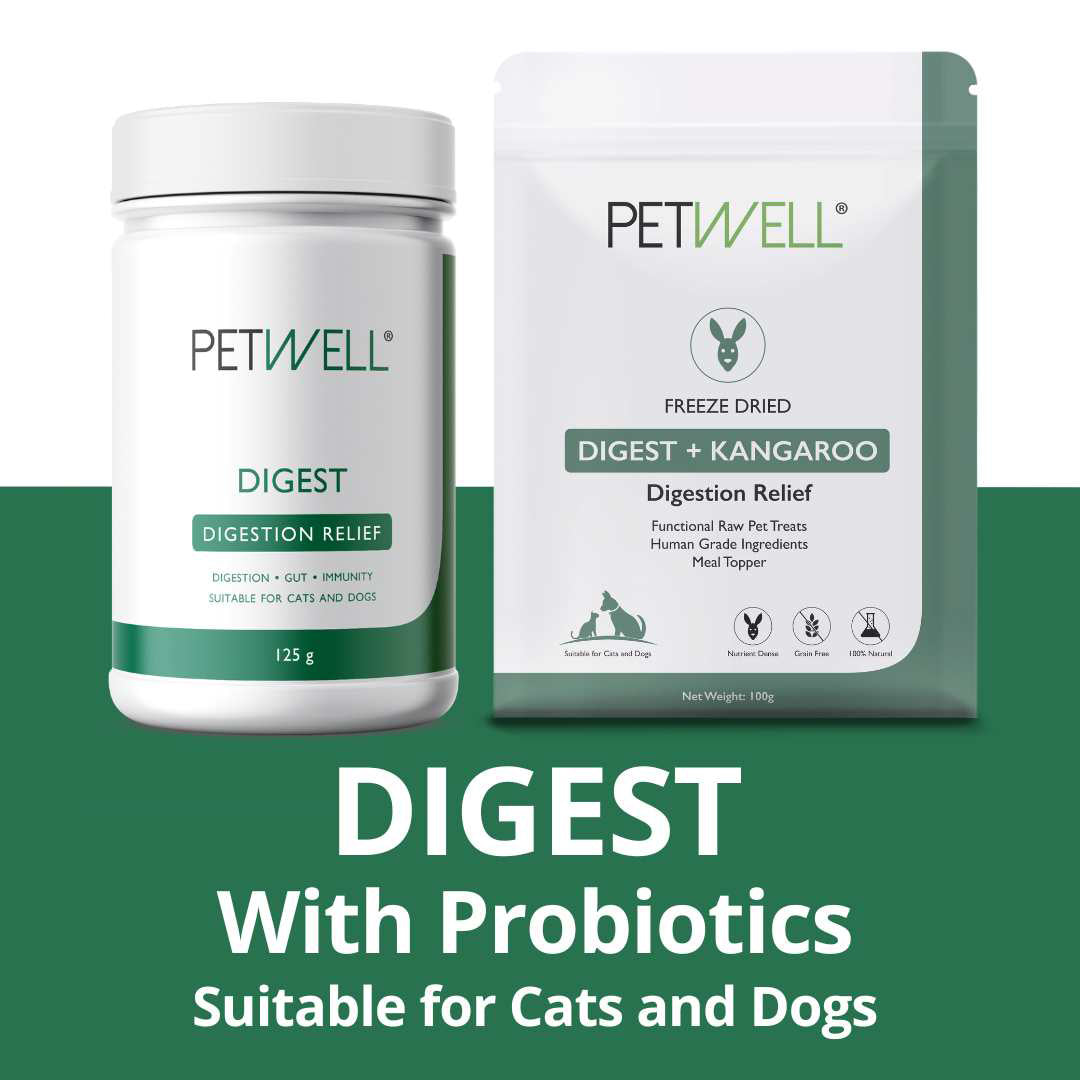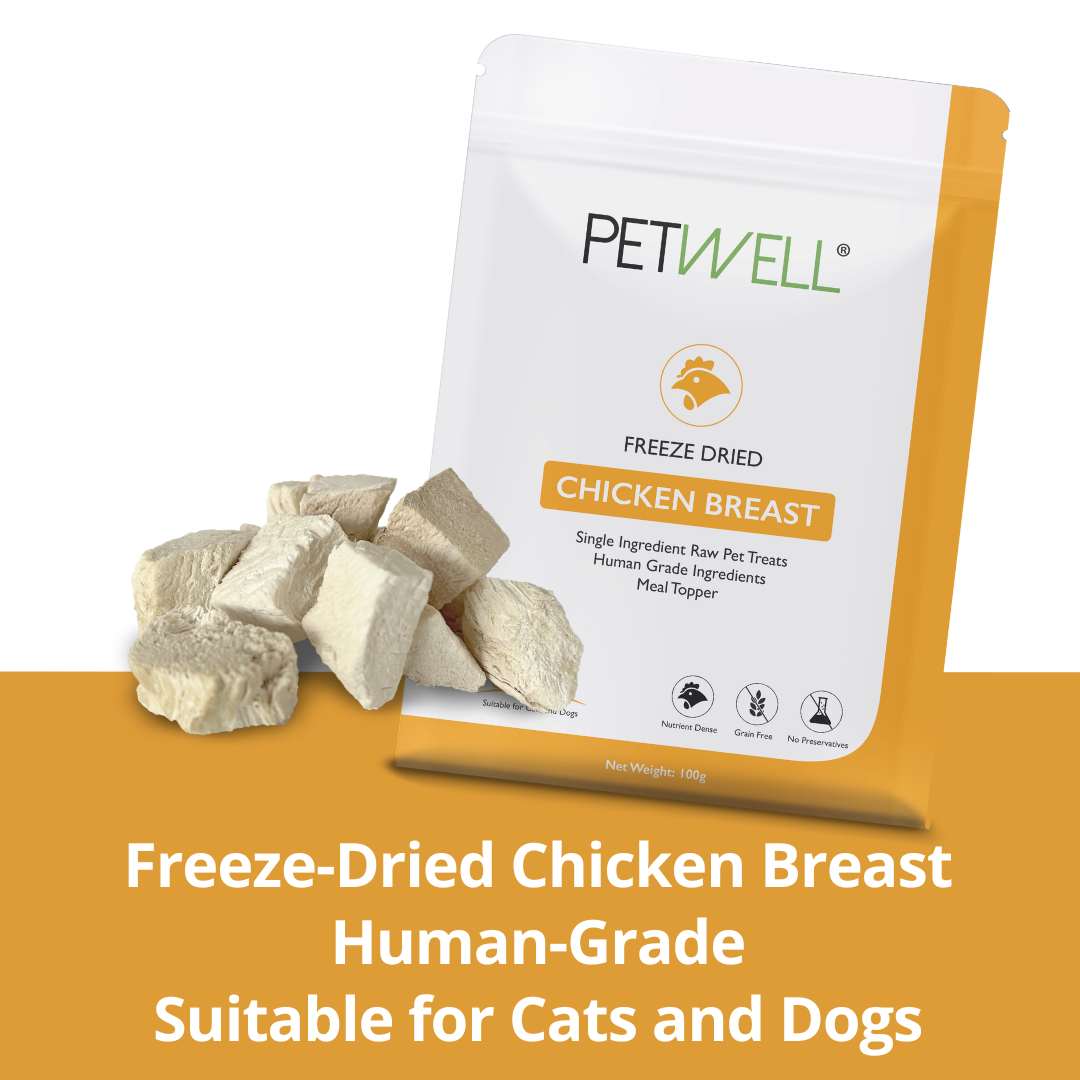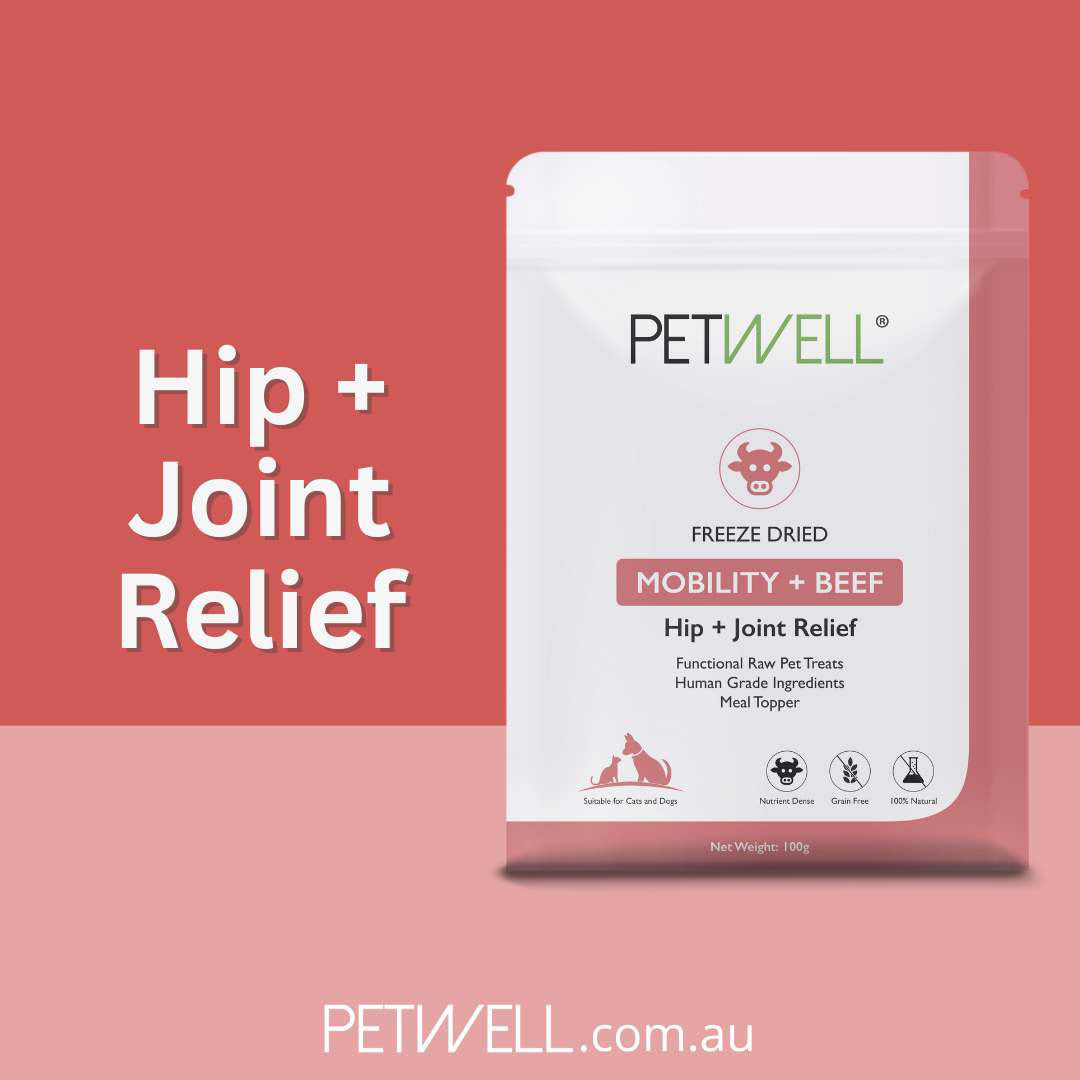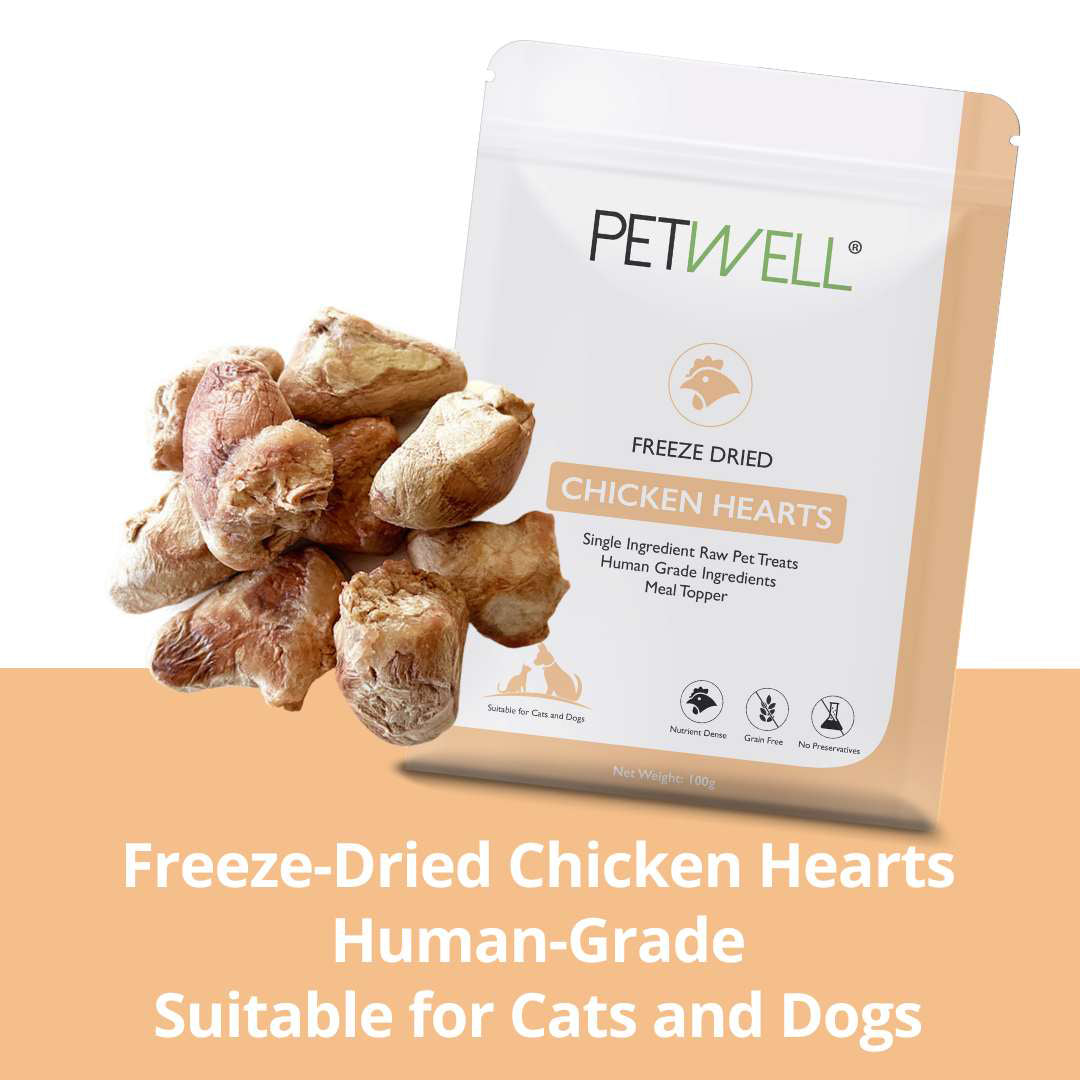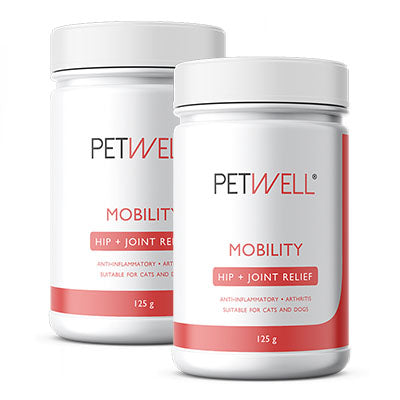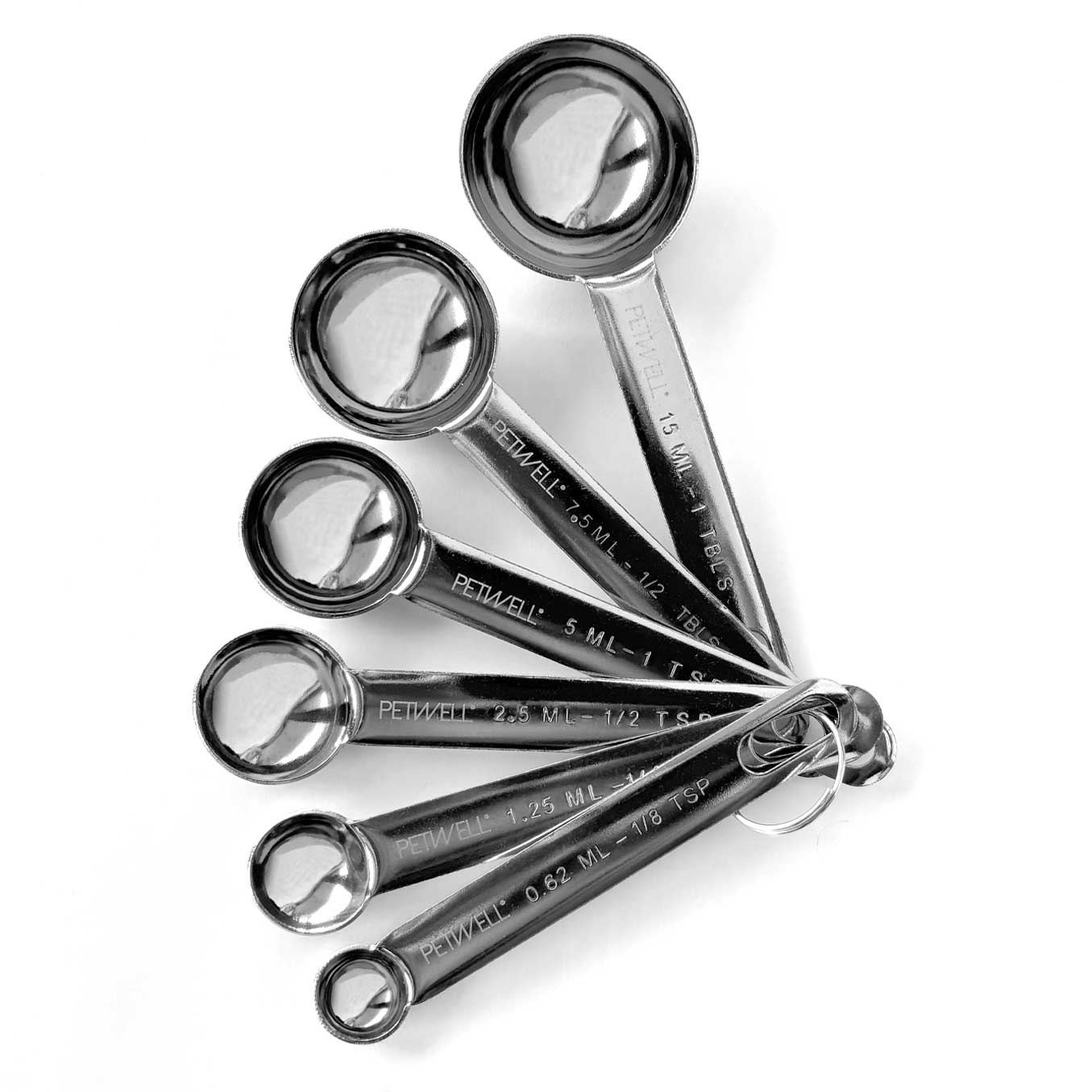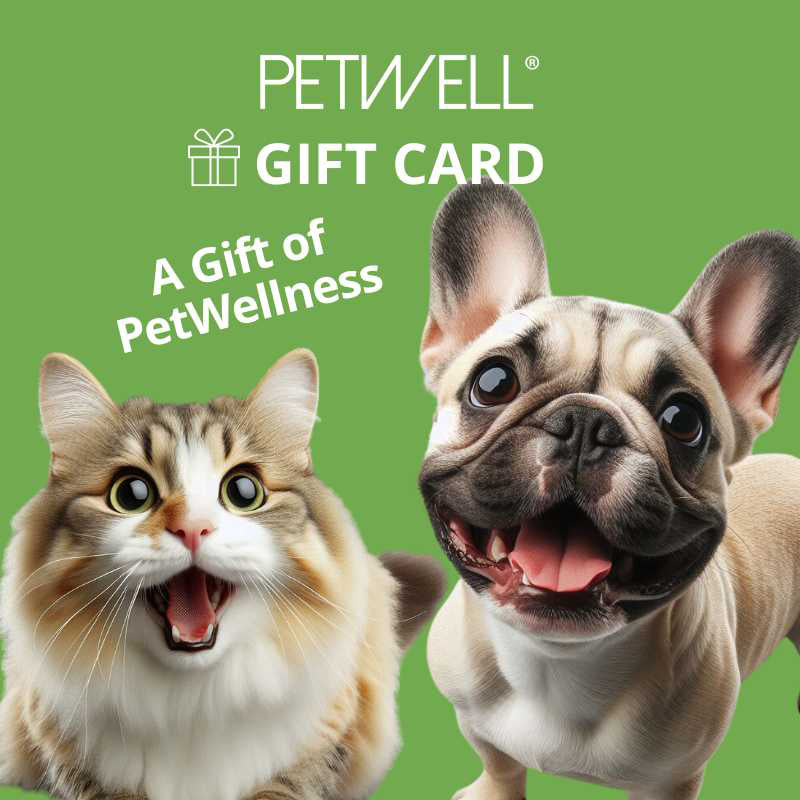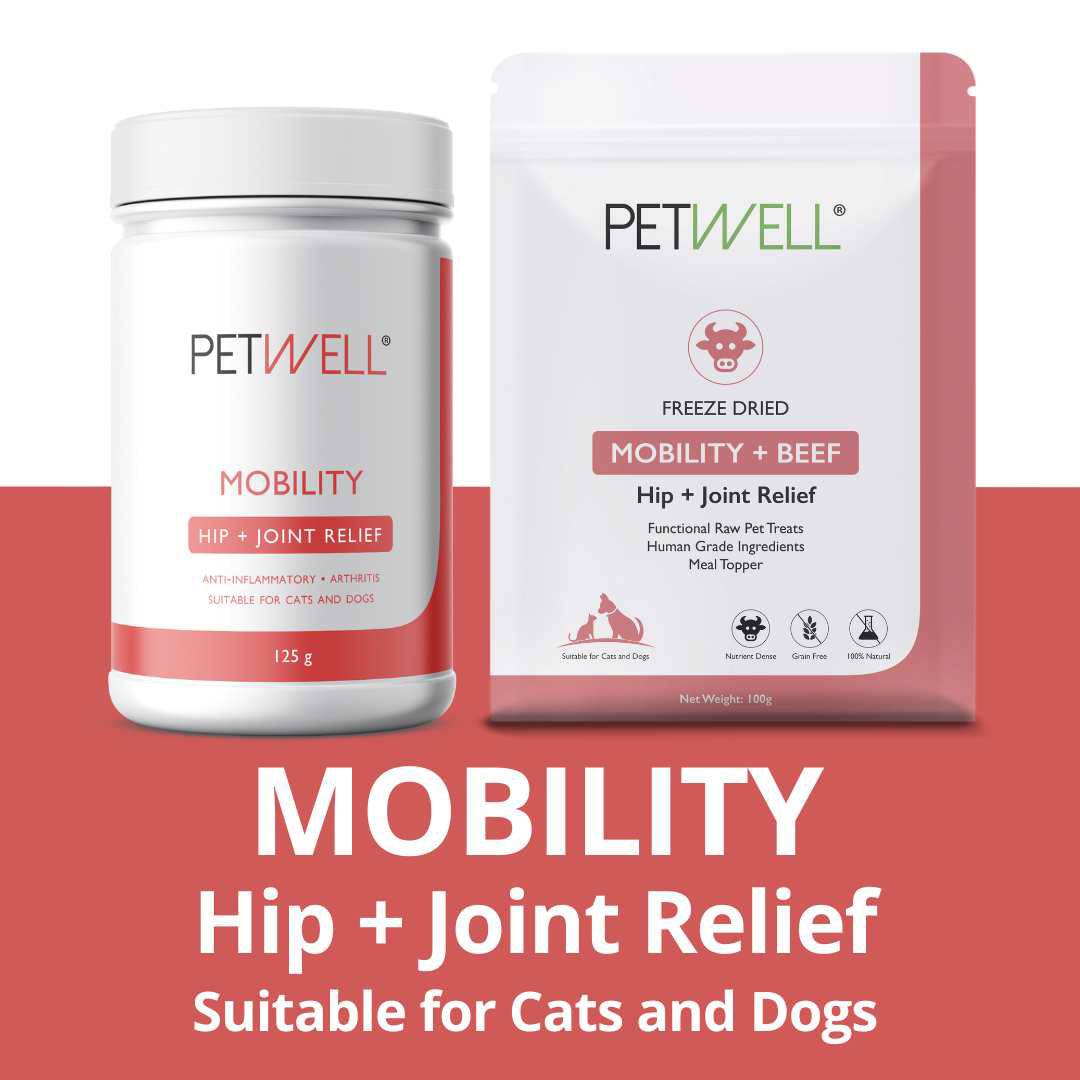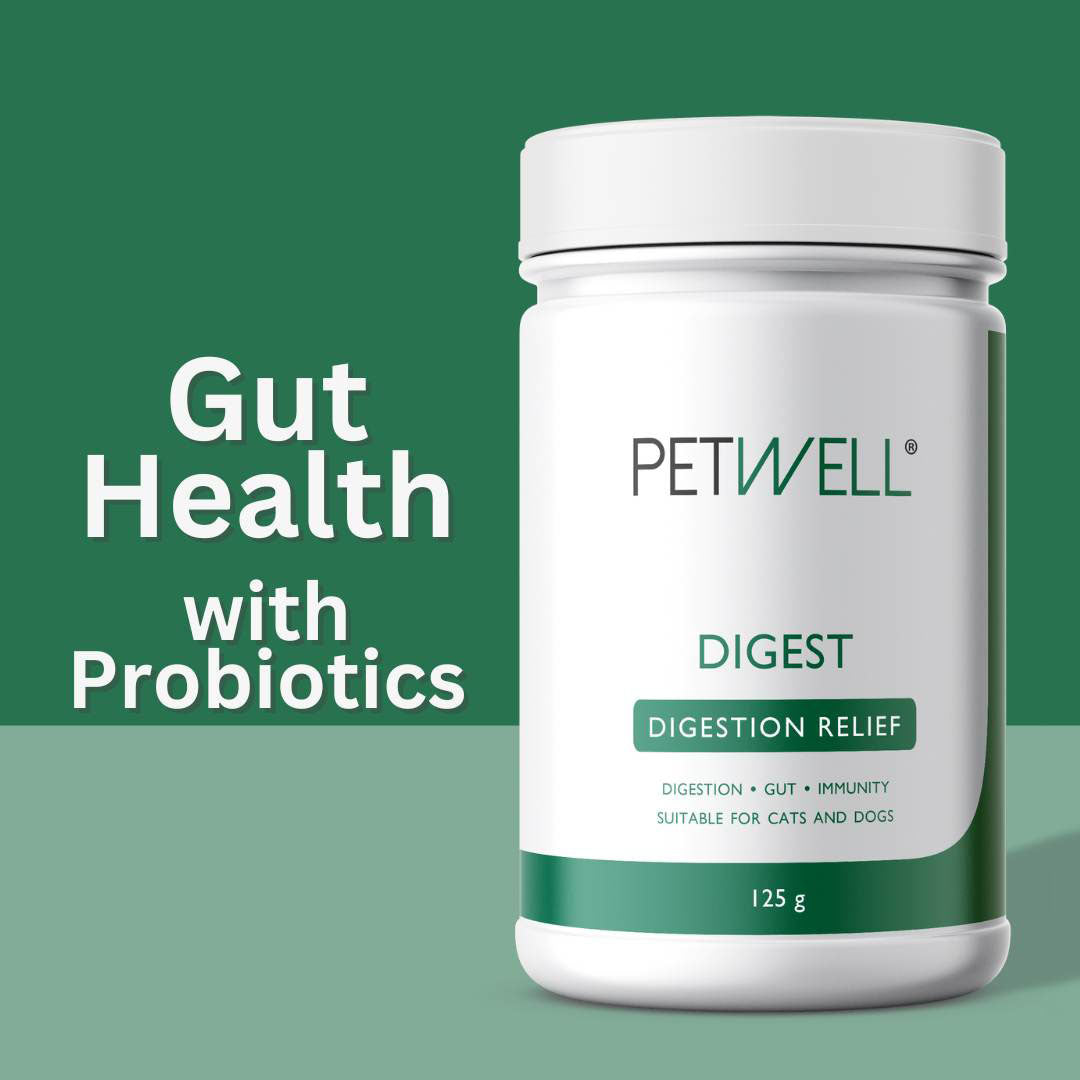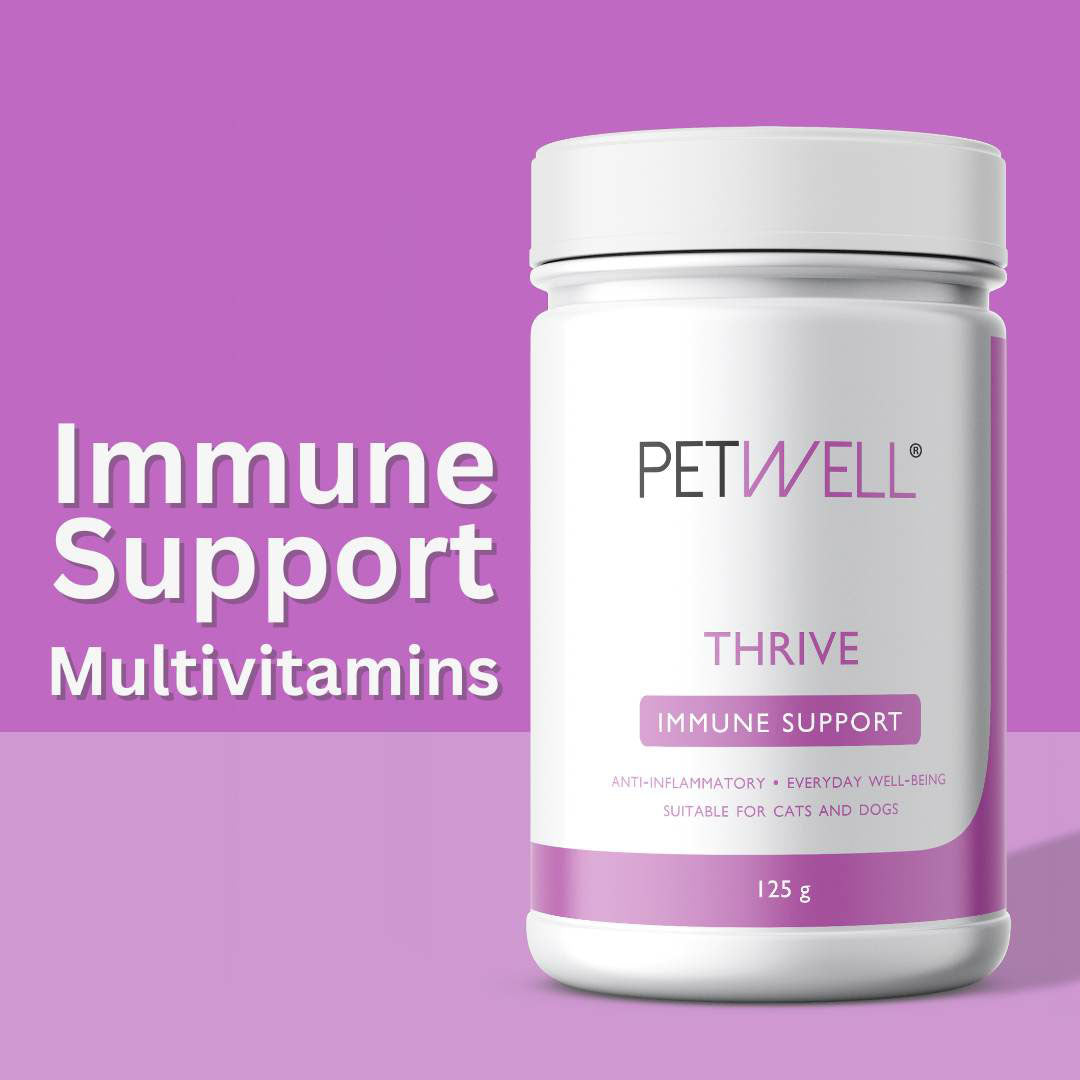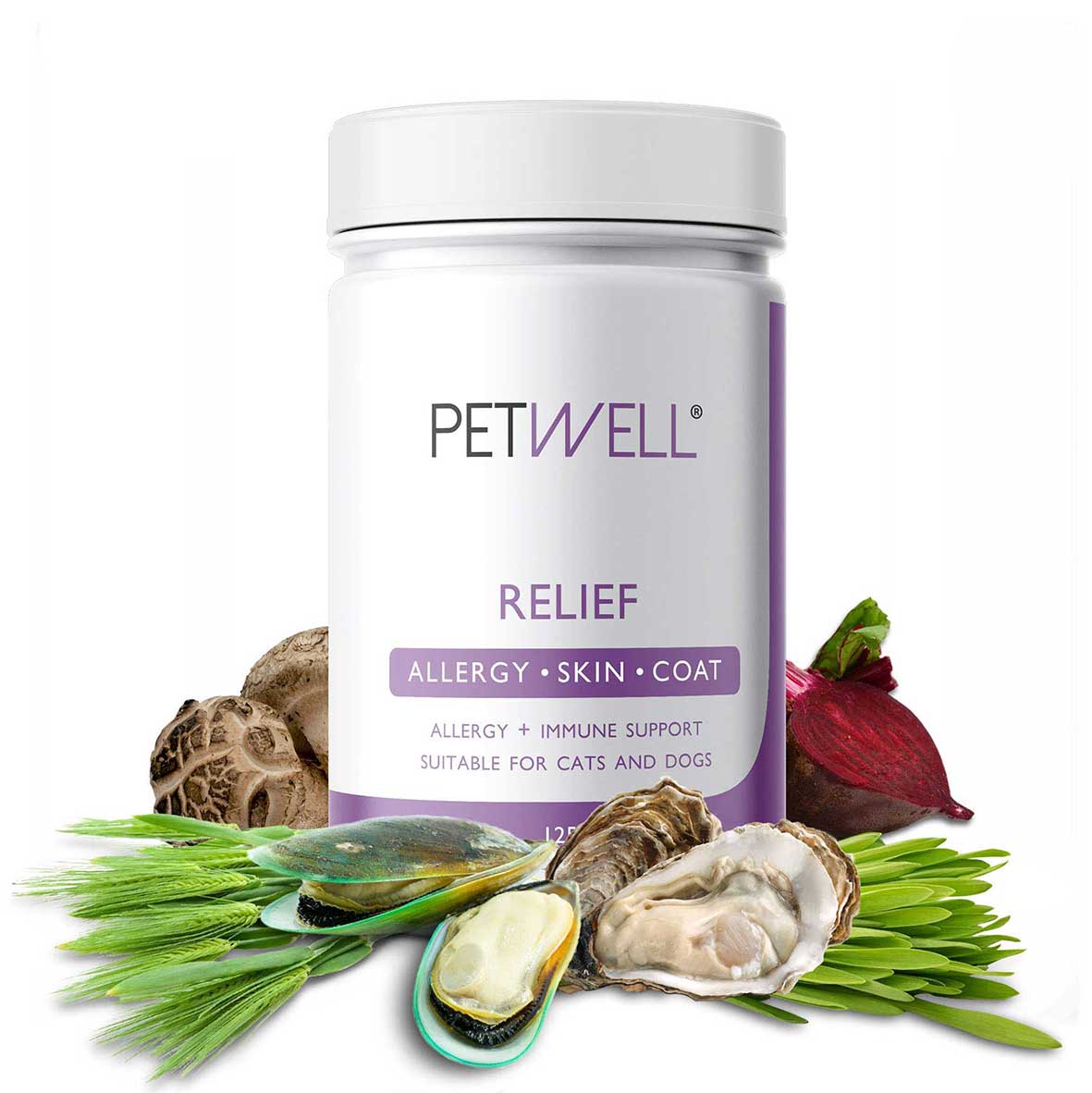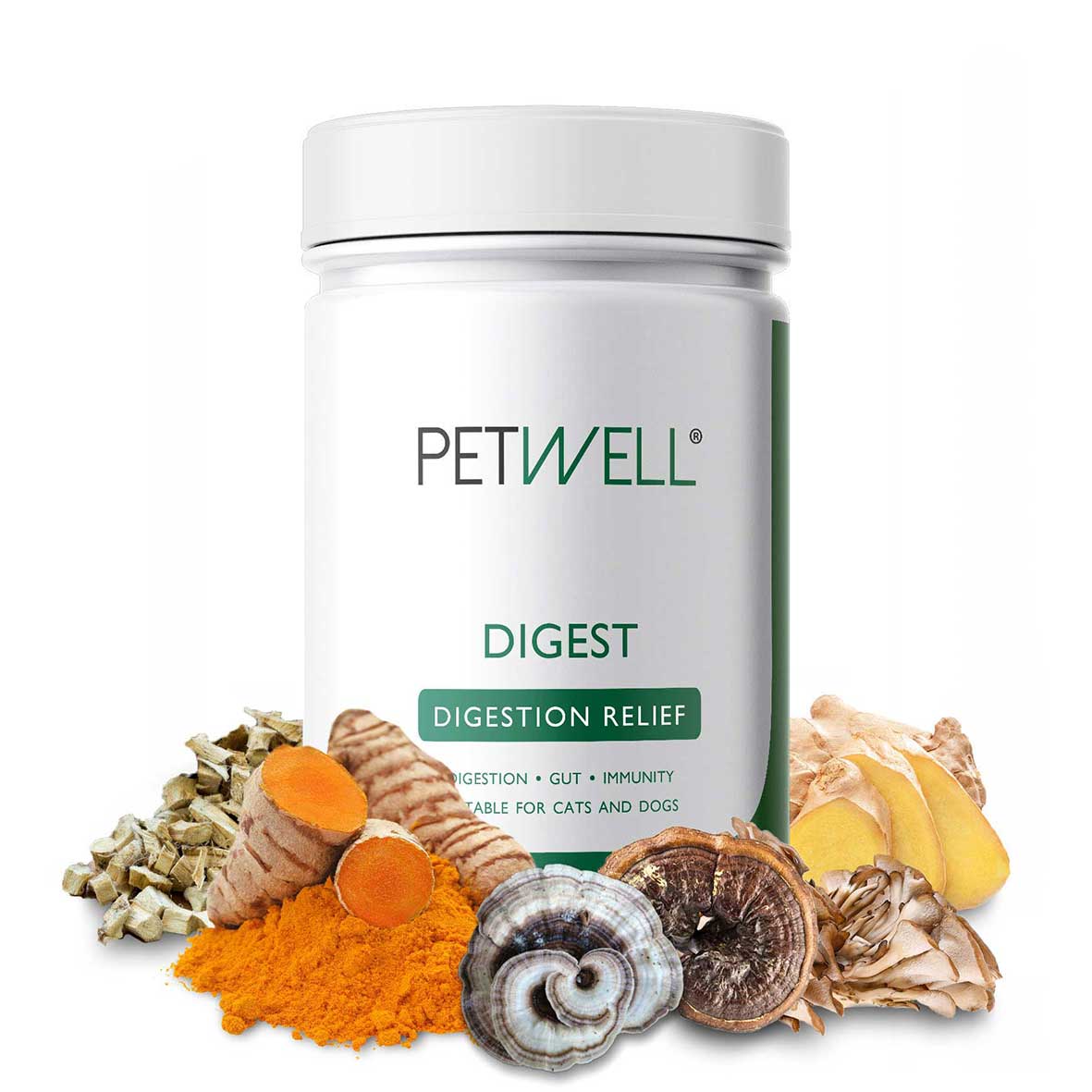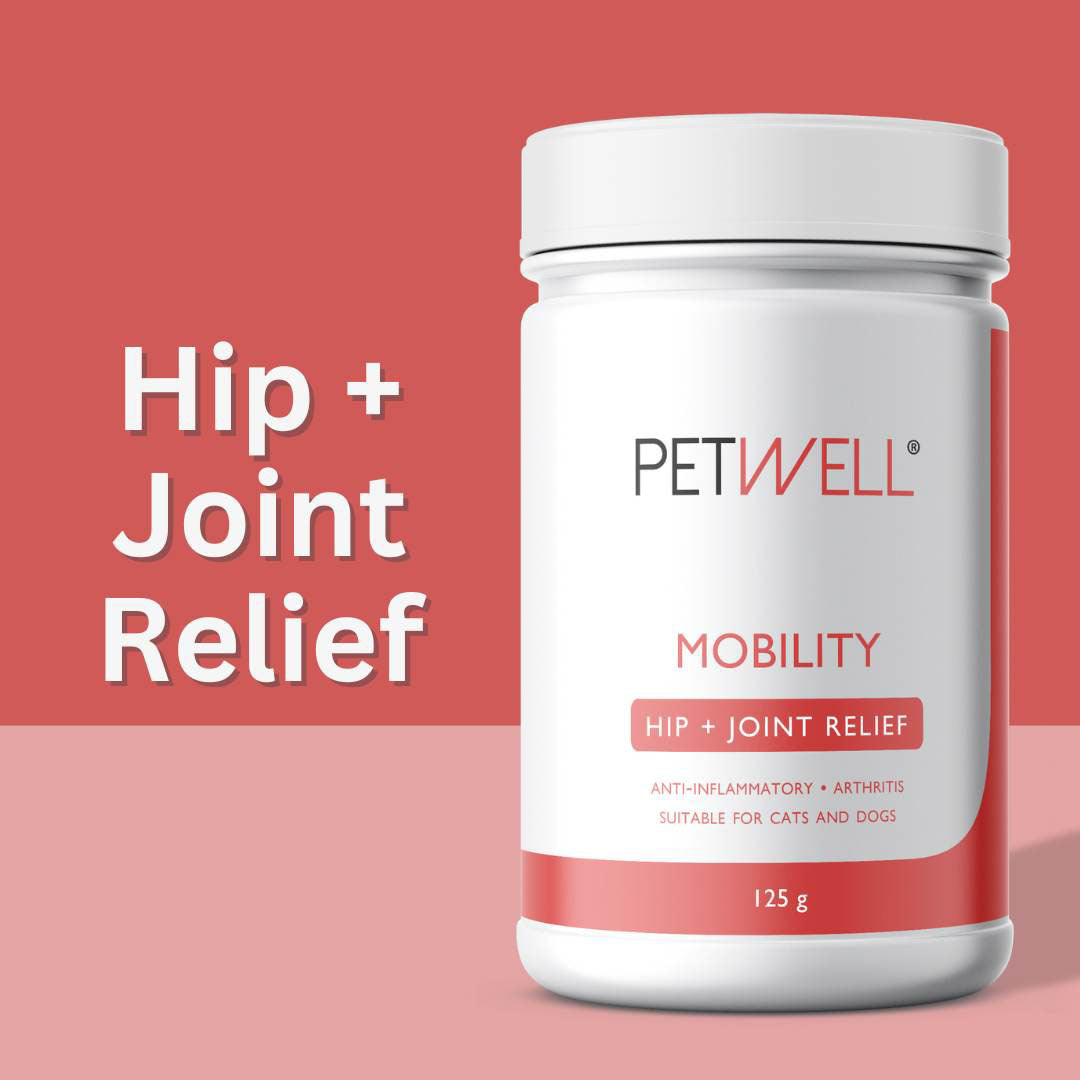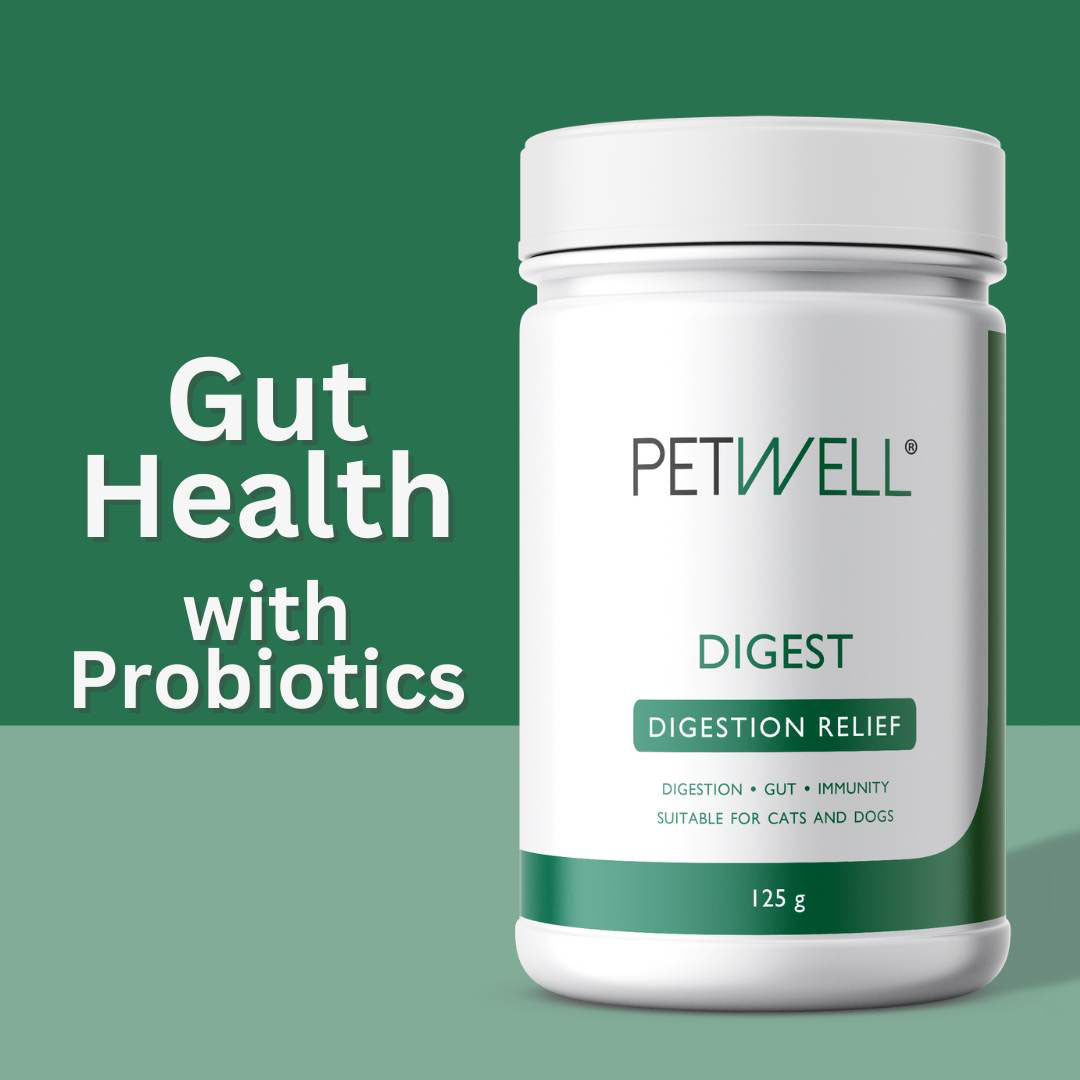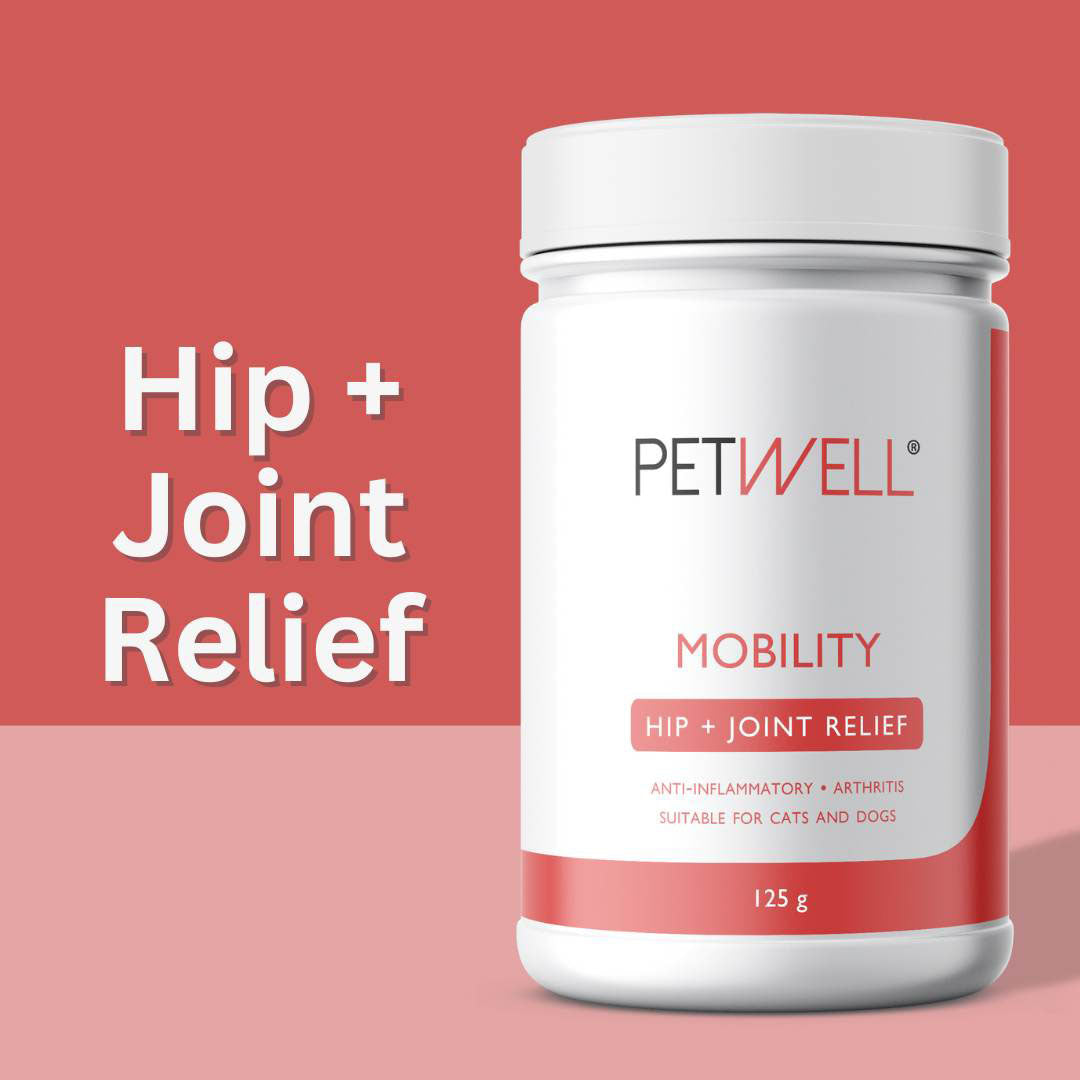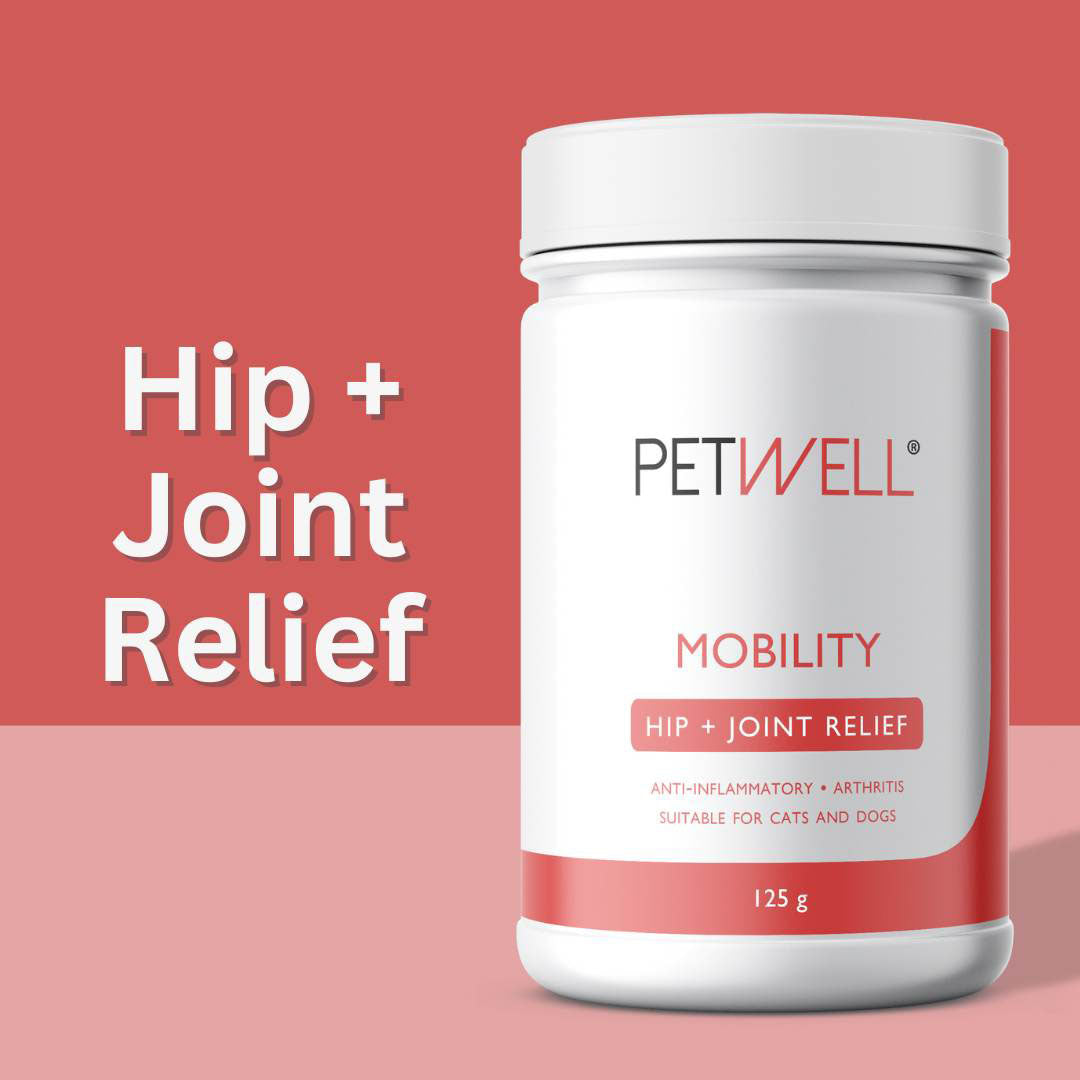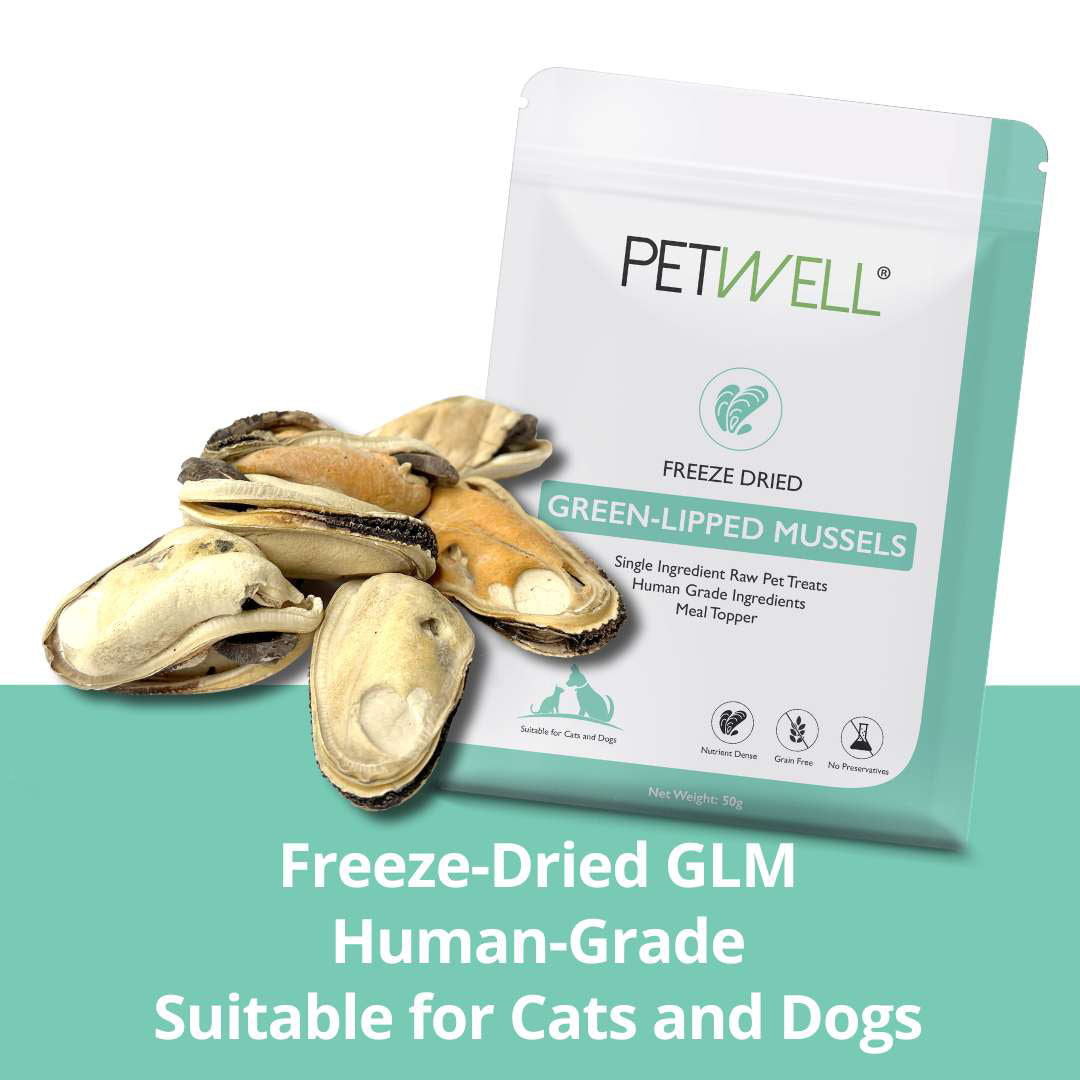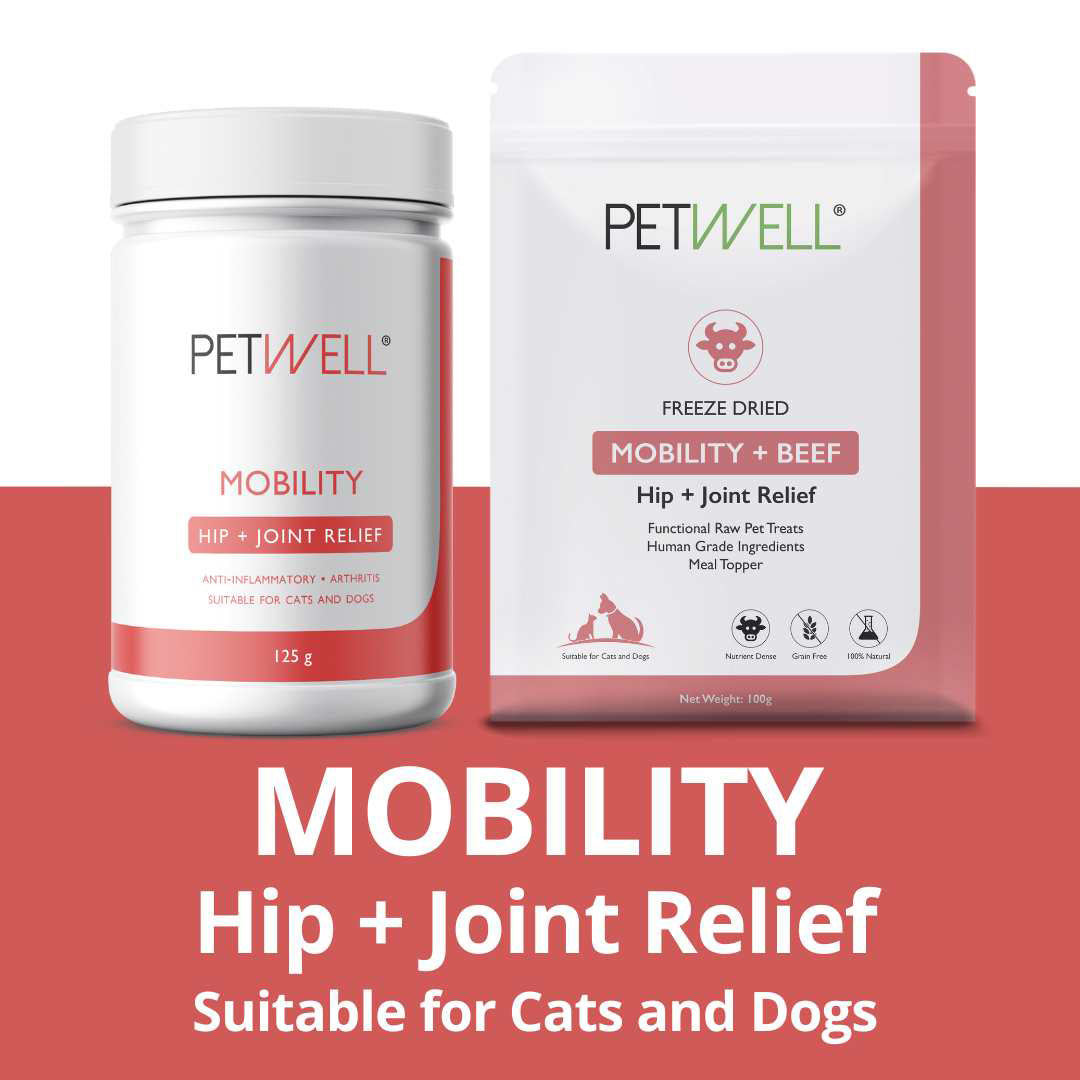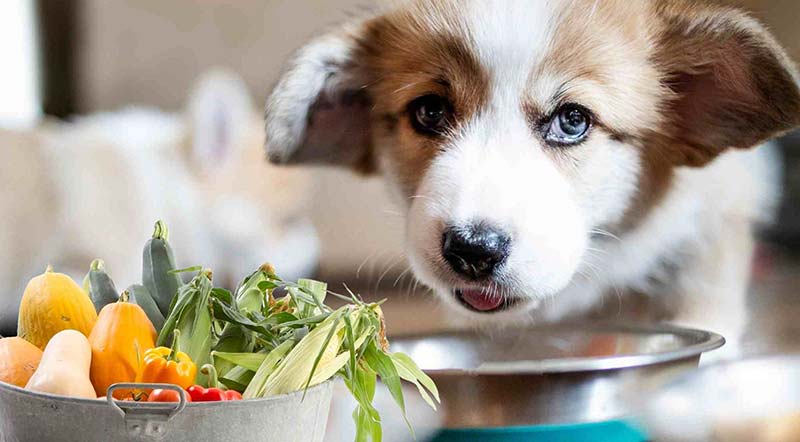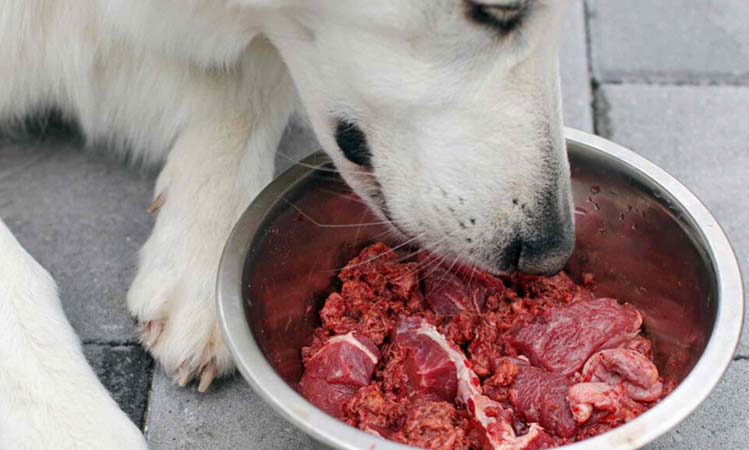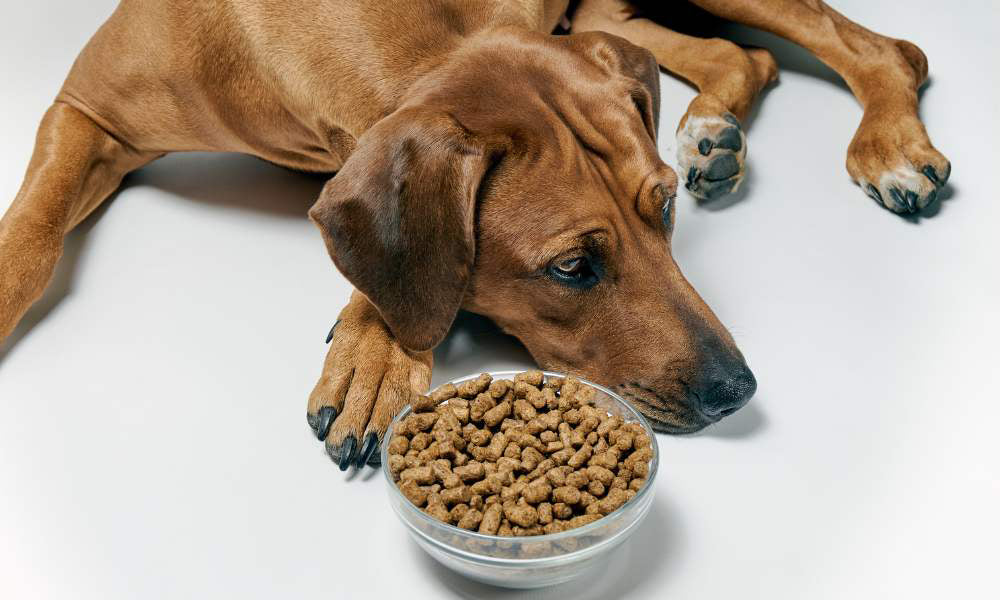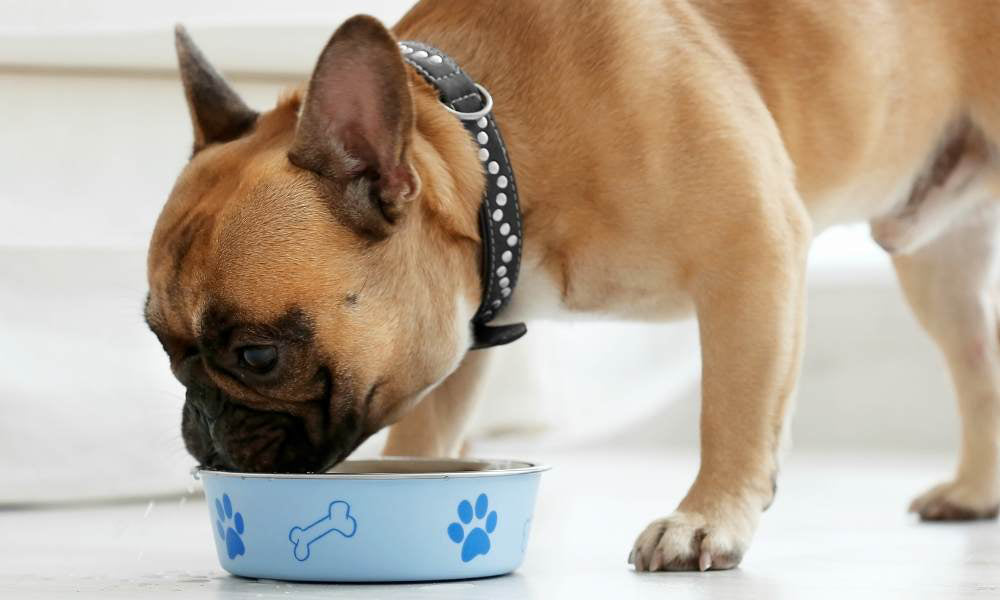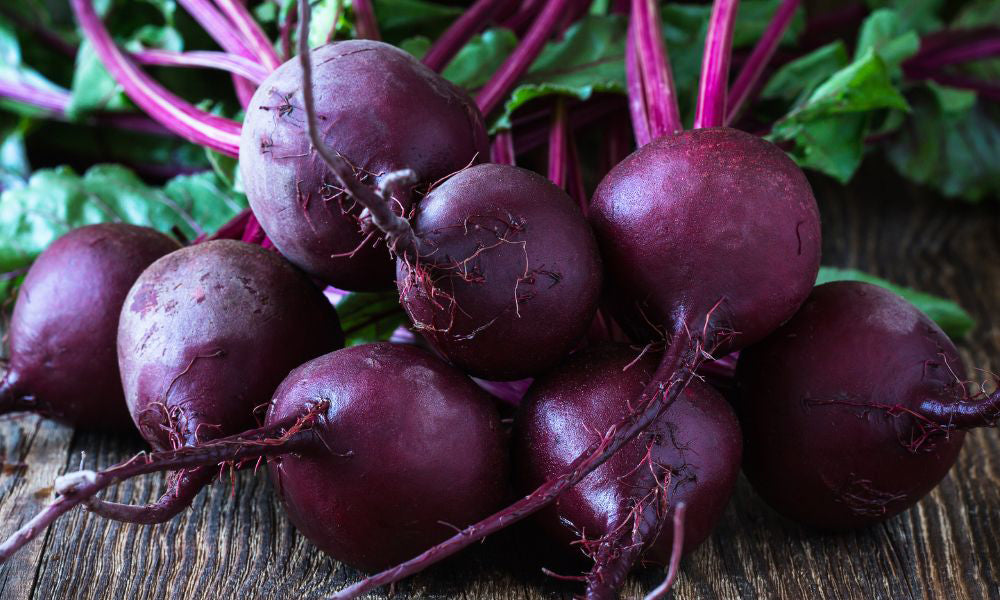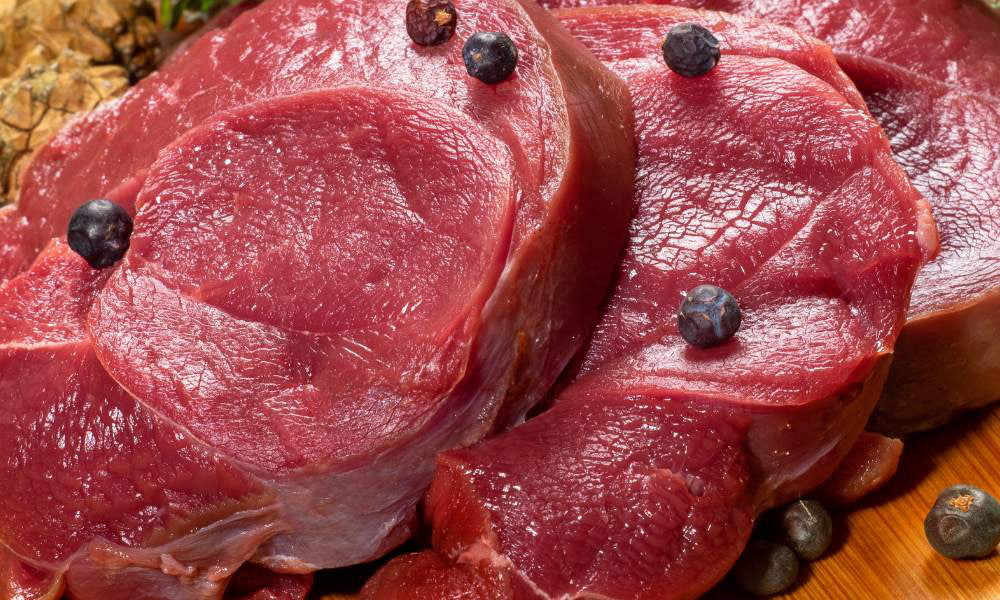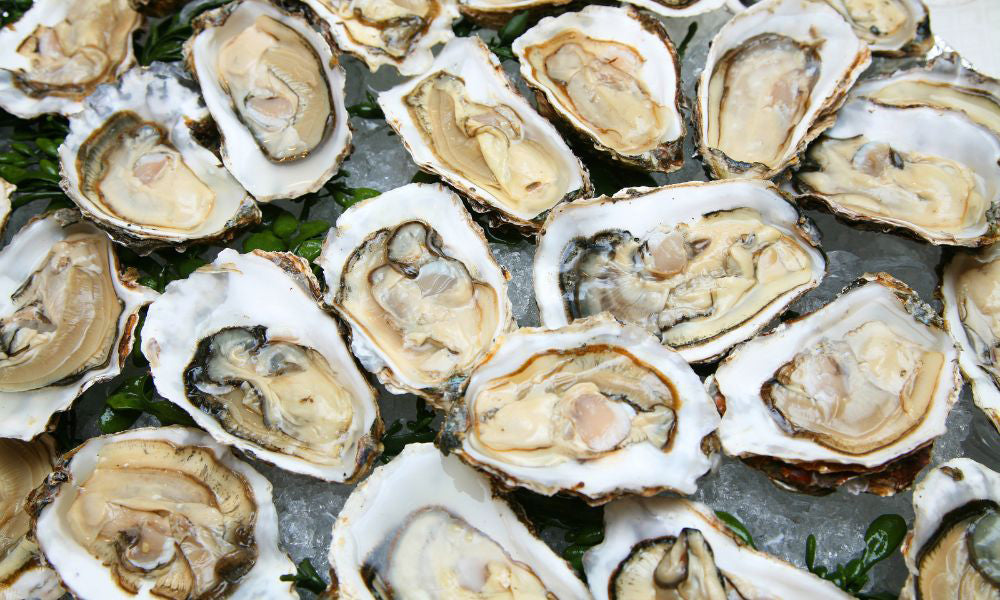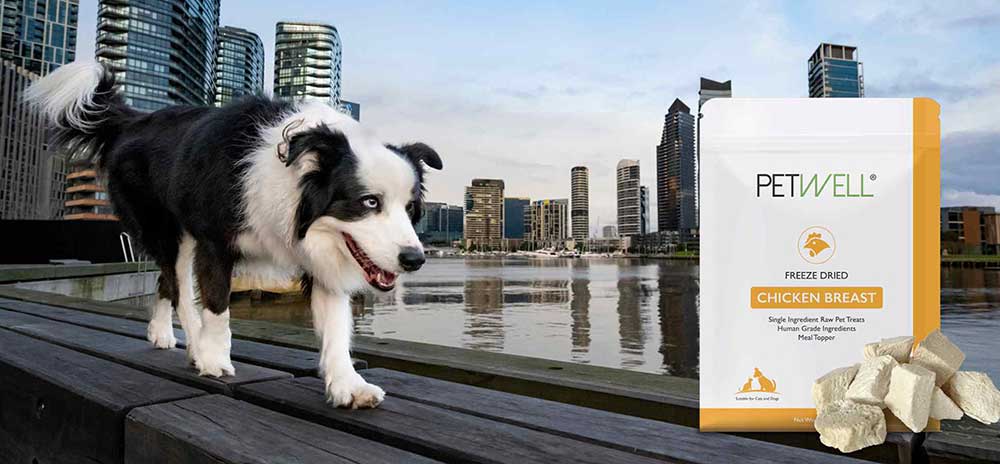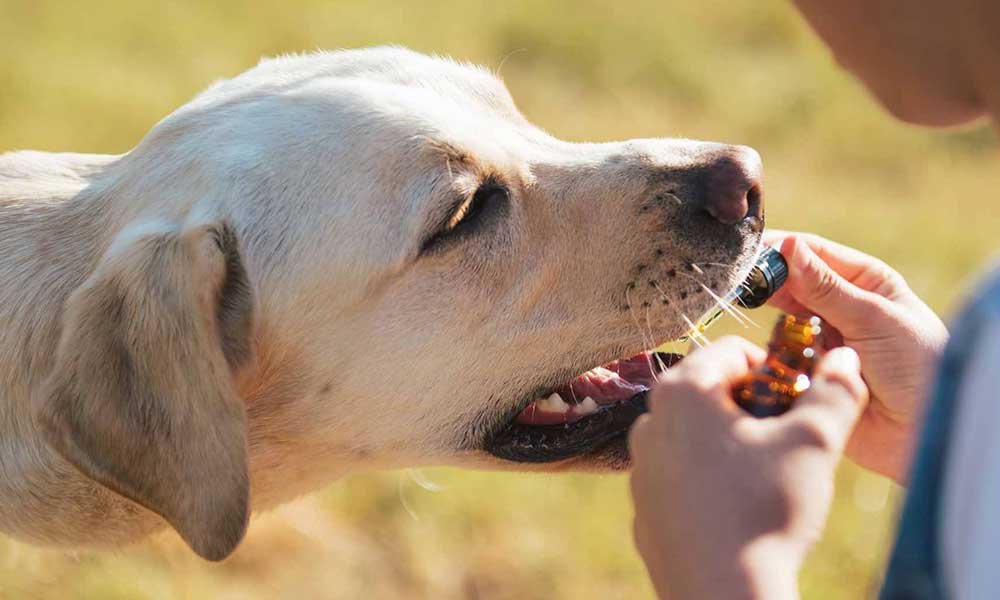Can dogs eat fruits and vegetables? If you’ve ever found your dog crunching on a carrot or seen your cat eyeing off a bit of melon, you might wonder: Can they actually eat that? The short answer is: yes, many fruits and vegetables are not only safe for dogs (and in some cases, cats), but also incredibly beneficial.
When offered correctly, plant foods can support:
✔️ Digestion
✔️ Skin and coat health
✔️ Immune function
✔️ Weight management
✔️ Allergy reduction
But not all plant foods are created equal. Let’s break it down.
Are Dogs Carnivores or Omnivores?
Dogs are facultative carnivores, meaning they thrive on meat but can also digest and benefit from plant-based nutrients. In the wild, they would often eat the stomach contents of herbivores, giving them access to fibrous plant matter.
Cats, on the other hand, are obligate carnivores. While they can tolerate very small amounts of vegetables or herbs, their primary nutrition must come from animal-based sources.
Vegetables should only make up 10 to 25% of a pet's daily food intake
Benefits of Vegetables in Your Dog’s Diet
Vegetables can add essential vitamins, minerals, and fibre to your dog’s bowl, without artificial fillers. Here’s how:
1. 🌿 Improved Digestion
Pumpkin, green beans, zucchini, and spinach are rich in soluble and insoluble fibre. This helps:
✔️ Prevent constipation
✔️ Regulate bowel movements
✔️ Feed healthy gut bacteria
💡 PetWell Pick: DIGEST supplement contains probiotics, marshmallow root, medicinal mushroom blend and more, to naturally support sensitive stomachs and the gut lining.
2. 🛡️ Stronger Immunity
Leafy greens like kale and spinach contain powerful antioxidants that help neutralise free radicals, fight inflammation, and strengthen your dog’s immune system.
3. ✨ Healthier Skin and Coat
Carrots and sweet potatoes are packed with beta-carotene, which converts to vitamin A, critical for skin repair, coat shine, and eye health.
💡 PetWell Pick: RELIEF Supplement uses nettle leaf, moringa, oyster extract, burdock root and and more to reduce inflammation and support healthy skin from the inside out.
Ever wonder if dogs can eat human food? We have answered your question in this blog: Can Dogs Eat Human Food?
What Fruits Can Dogs Eat?
Fruits are nature’s sweet treat — rich in water, fibre, and antioxidants. Here are a few your dog will love:
|
Fruit |
Health Benefits |
Serve Tips |
|
Apples |
Fibre, vitamin C, antioxidants |
Remove core and seeds |
|
Blueberries |
Brain health, immune support |
Fresh or frozen |
|
Watermelon |
Hydration, lycopene, vitamin A |
Seedless, remove rind |
|
Bananas |
Potassium, magnesium, digestive support |
Great in moderation |
|
Pears |
Gentle fibre, vitamin K |
Remove seeds and stem |
Learn more about What to Feed Your Dog or Cat, Pet Nutrition Guide
⚠️ Avoid: Grapes, raisins, onions, and cherries (they’re dangerous to dogs).
How to Safely Add Fruits and Vegetables to Pet Meals

Here are 5 quick feeding rules:
- Lightly steam or puree to aid digestion
- Start slow to monitor reactions (especially with sensitive tummies)
- Keep it plain — no seasoning, oils, or sauces
- Limit veggies to 10–25% of a dog’s daily intake (less for cats)
- Use as toppers, fillers, or treats, not replacements for balanced meals
Real Food = Real Health
Fruits and vegetables can help with:
✔️ Gut health – fibre helps regulate digestion and feeds beneficial microbes
✔️ Allergy symptoms – anti-inflammatory phytonutrients may reduce skin flare-ups
✔️ Weight control – low-calorie options like zucchini and green beans are ideal
✔️ Immune support – antioxidants protect against cell damage and illness
Processed pet food often lacks these whole-food nutrients. And while raw or fresh food diets are ideal, they’re not always practical. That’s why PetWell supplements and functional treats exists, to bridge the gap with natural, evidence-based support.
PetWell Makes It Easy to Feed Smart

We blend real whole-food ingredients into functional supplements and freeze-dried treats, so your pet gets the benefit of veggies, no chopping required.
Our Heroes:
✔️ DIGEST supplement and Functional Treats – Supports digestion with gut-friendly ingredients
✔️ RELIEF Supplement and Functional Treats – Allergy-friendly and packed with anti-inflammatory, antihistamine ingredients to soothe and heal skin, coat, and allergy flare-ups.
✔️ MOBILITY Supplement and Functional Treats – Packed with anti-inflammatory ingredients and natural sources of glucosamine and chondroitin to support healthy joints and keep your pet moving with ease.
✔️ CALM Supplement and Functional Treats – Formulated to soothe stress and ease anxiety with natural calming ingredients like L-Tryptophan and Chamomile, so your pet can relax and feel safe.
✅ Australian made
✅ Human-grade
✅ Formulated by an animal naturopath
✅ All-Natural, no synthetic vitamins, fillers or preservatives
Summary: What You Need to Know
Adding the right fruits and vegetables to your dog’s diet can offer real health benefits, from gut balance and immune support to allergy relief and skin repair. While dogs still need meat as their dietary foundation, a mix of natural plant-based foods can enhance their nutrition and help prevent common health issues.
The key is knowing what’s safe, how much to give, and how to prepare it, or simply choosing PetWell supplements and treats that already include these functional ingredients in dog-friendly formats.
Introduce new vegetables gradually and monitor your pet for any adverse reactions or digestive issues.
❓ Frequently Asked Questions
Can dogs eat vegetables every day?
Yes, dogs can safely eat some vegetables daily in moderation. They support digestion, immunity, and overall wellbeing when balanced properly.
What vegetables are best for dog digestion?
Pumpkin, zucchini, green beans and spinach are great for digestion. They help regulate bowel movements and support healthy gut bacteria.
Are fruits safe for dogs?
Yes! Apples (no seeds), blueberries, bananas, and seedless watermelon are safe. Serve in small portions and avoid toxic options like grapes or citrus.
Can cats eat vegetables too?
Only in very small amounts. Cats are obligate carnivores, but a little pumpkin or greens may help with digestion and fur-ball control.
What’s the benefit of giving dogs fruits and vegetables?
They can boost gut health, reduce allergy symptoms, support immunity, and help manage weight, especially when paired with natural supplements like PetWell.
Disclaimer: The entire contents of PetWell emails and website are not to be taken as medical advice. The team at Pet Squad Pty Ltd trading as PetWell encourages you to make your own pet health care decisions based on your research and in partnership with a qualified pet healthcare professional.
Posted By Ayda Hornak - Trained in Canine Psychology and Natural Animal Nutrition Care
